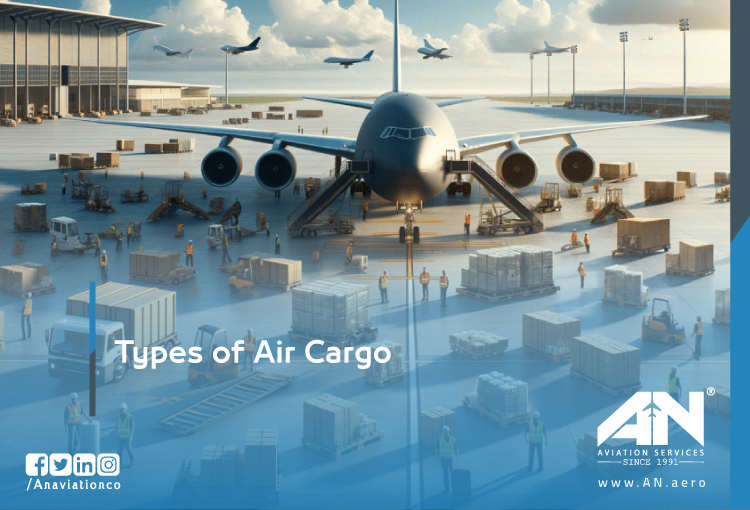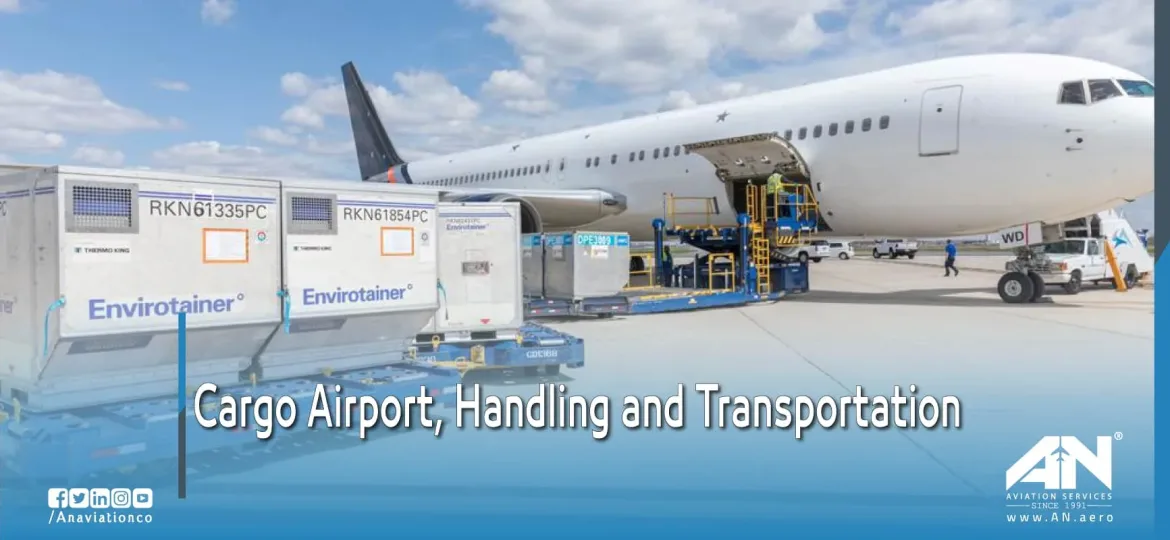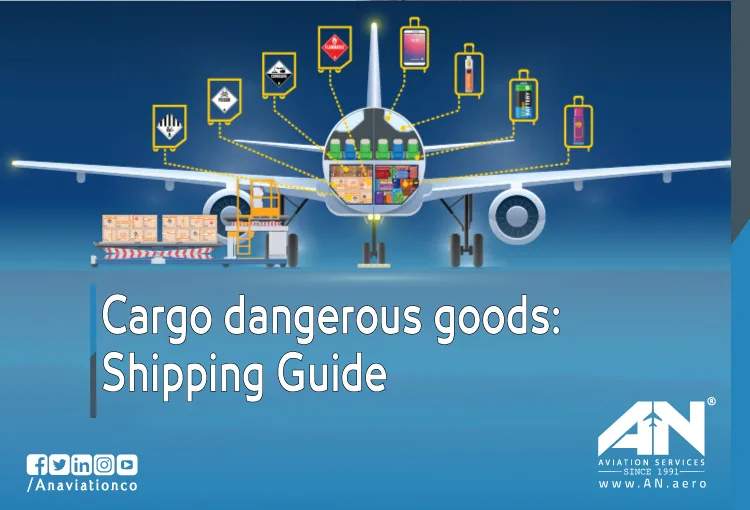Air cargo services are a vital component of global trade, enabling the swift and efficient transport of goods across the world.
Cargo
Cargo handling, involving the loading, unloading, and transportation of various types of goods, is a critical component of aviation logistics.
As the world becomes increasingly interconnected, air cargo has become the backbone of global trade, enabling the swift transportation of goods across continents.
The concept of air cargo logistics is not just about transporting goods; it’s about transforming the entire supply chain for optimal efficiency.
The air cargo industry has become the backbone of global trade and supply chain logistics.
With millions of goods transported across the globe daily, air cargo plays a vital role in supporting economies, ensuring supply chains remain efficient, and facilitating international trade.
E-commerce has transformed the global marketplace, creating a seamless way for businesses and consumers to connect across borders.
The logistics and aviation industries play a pivotal role in global trade, and at the heart of this intricate network lies the cargo airport.
When it comes to aviation, most people picture commercial flights filled with passengers jetting off to distant destinations.
In the global aviation industry, the safe transport of Dangerous Goods by air is a critical responsibility.











